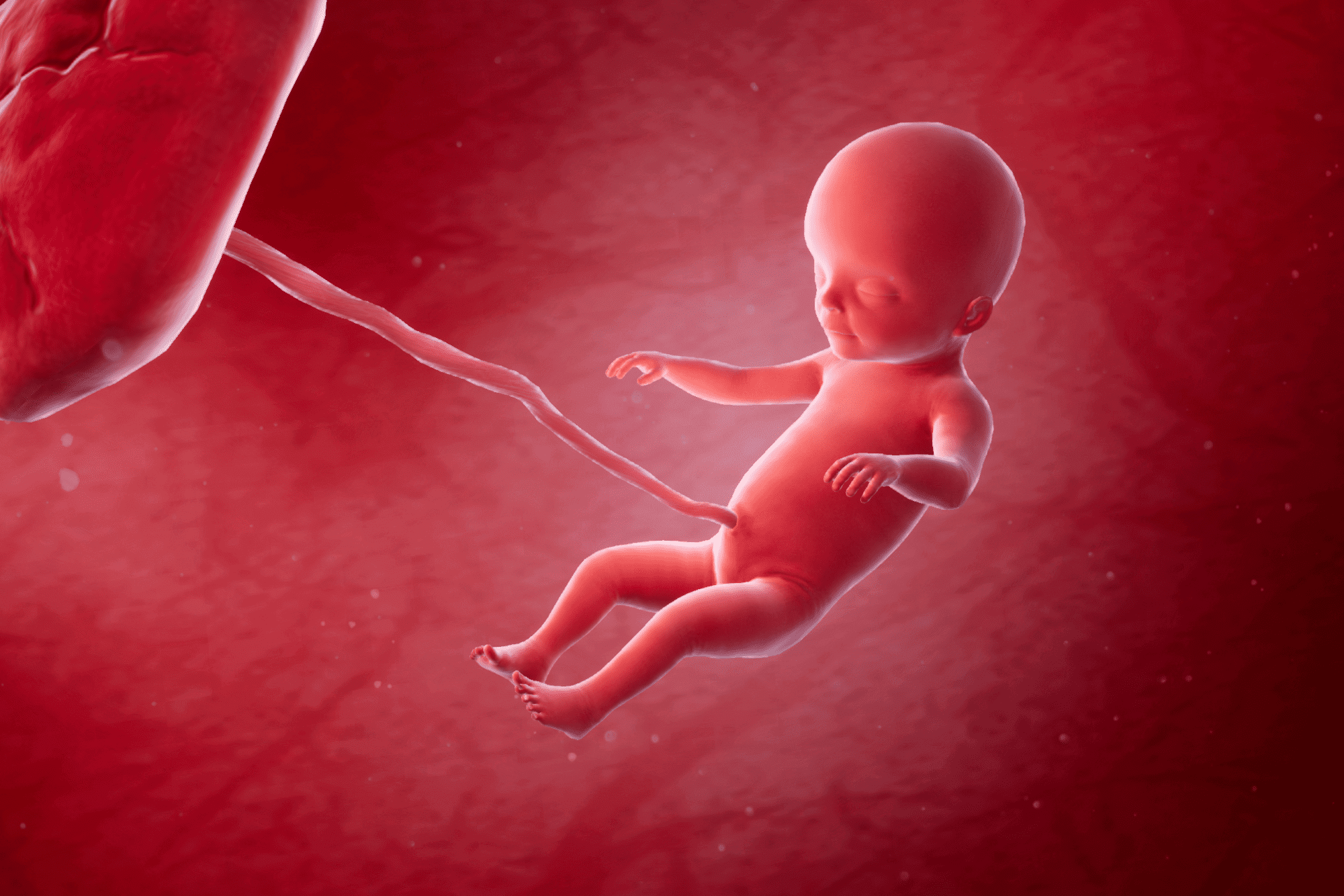Your Pregnancy, Week 19


Change tends to be gradual over a pregnancy. Ideally you will be gaining weight, but slowly and steadily, at a rate that you barely notice. Then one day, possibly around week 19, as you approach the halfway point of your pregnancy, you stand sideways in front of the mirror and realise that you are starting to really look pregnant!
Your Body
Each woman is different, but the average weight gain by this point in pregnancy is often around 7 KG. Of course that will vary depending on your individual build, whether this is your first pregnancy, and your diet and exercise routine. Breaking down the weight you have gained so far, about 250g is your growing baby; 170 – 200g is the placenta; and between 650 and 700g is the uterus and amniotic fluid. Your breasts will also have gained some weight and the remaining 5 KG (approximately) is fluid, in the form of increased blood volume and fat stores that will help keep you and your baby nourished and be used to produce breast milk.
Hopefully over the last few weeks you will have experienced very few, if any, side effects; perhaps just a few aches and pains that are a normal feature of pregnancy. You might have noticed that you are experiencing occasional dizzy spells. This is usually a consequence of low blood pressure, when the blood does not get pumped as efficiently around the body and to the brain.
Why is low blood pressure common in pregnancy?
Firstly, the uterus can compress the aorta while you are lying down, restricting blood flow. Secondly, rising from a sitting or standing position too quickly can cause a rush of blood from the head which results in a transient sensation of dizziness. This is known as postural hypotension. The best approach for controlling any dizziness is to take your time; sit and stand up slowly and, if you do experience a dizzy spell, sit down until it passes. Wearing compression socks will squeeze (compress) your lower legs, preventing blood from pooling and maintaining good circulation. This can keep blood flowing to the heart and brain and reduce the risk of dizzy spells.
If, by week 19, you feel like you could eat continuously, don’t worry; an increased appetite is perfectly normal at this stage. However, there is one important thing to consider and that is gestational diabetes. Prevalence varies significantly, depending on where in the world you are, but the global incidence rate is estimated to be about 10%. Most women develop the condition during their second trimester and it is characterised by excess blood glucose. The body is either unable to use the insulin it produces, or cannot produce sufficient quantities to move glucose from the bloodstream into the cells, where it is required for energy. Whilst we don’t know exactly what causes gestational diabetes, we do know that excessive weight gain and poor diet can increase the risk of it. We also know that gestational diabetes is linked to a multitude of potential health problems for both mother and baby.
The opposite of gestational diabetes is hypoglycaemia, or low blood sugar. This can occur during pregnancy as your baby and growing body have increasing energy demands. Hypoglycaemia is another reason why you might be experiencing dizzy spells; and another symptom is feeling shaky. Fortunately, this condition can generally be rectified quickly by consuming a sugar-rich snack, such as chocolate (in moderation) or ideally fruit. Repeated episodes of hypoglycaemia can be avoided by eating a healthy diet of small, regular meals.
Your Baby
Your baby now has a foetal age of 17 weeks. On average, babies at this stage weigh approximately 250g and measure about 15cm from the crown of the head to the rump. Your baby is about the size of a mango.
This is a great time for developing babies; by week 19, most of your baby’s proportions are starting to look normal. His or her arms and legs are the size they should be, relative to the body, although the head is still oversized. If they haven’t already, this is when developing babies begin to put together all of the advances from the past few weeks. The brain and nervous system are fully functioning; the senses are active and processing all types of sensory input; and the skeleton is growing stronger by the day. As a result, babies at this age are really starting to move and practise their best gymnastic skills. Excitingly, this may mean you start to feel movement, although recognising these sensations can take longer if it is your first pregnancy. Individual movements may be difficult to discern, but your baby will be punching, kicking, rolling and flipping, as they get used to their new limbs and reflexes.
Remember that fine, downy hair called lanugo that started growing a few weeks ago? Around week 19, this hair starts to combine with a cheesy, waxy substance and dead skin cells to form a thick layer coating the skin called the vernix caseosa. Although this combination sounds unpleasant, the vernix serves a vital role: it protects your baby’s skin from constant contact with the amniotic fluid. For most babies, the majority of the vernix has disappeared by birth, but there often remains remnants of this thin white protective layer at birth, and it is particularly noticeable with infants that are premature.
Your Pregnancy, Week 18 < > Your Pregnancy, Week 20
Powered by Bundoo®










































